Join the WHO Air Quality, Energy and Health Unit for the webinar “The foundation of air quality actions
” to be held on 19 October 2023 at 2-3:30pm (CEST).
In 2021, WHO sharply reduced air quality guideline for fine particulate, the pollutant associated with SDG 11.6.2 (annual mean levels of PM2.5 in urban areas). Recognizing that the building blocks for action on air quality can enhance capacity for SDG reporting, WHO convened key UN agencies to guide countries in building national plans. From this cross-agency collaboration, an online repository of tools and guidance documents that is a primer for air quality management was born.
The webinar aims to:
- Launch the Improving the capacity of countries to report on air quality in cities: Users’ guide to the repository of United Nations tools report which is a primer to air quality management.
- Highlight step-by-step guidance for building national plans.
- Showcase national initiatives that integrated UN tools to improve air pollution monitoring and report as well as enhance government officials to tackle air pollution and protect public health.
This webinar session will be recorded.
After registering, you will receive a confirmation email containing information about joining the webinar.
Agenda
Chair
Sophie Gumy, Technical Officer, Air Quality and Health Unit, WHO
Welcome remarks and housekeeping
Heather Adair-Rohani, Unit Head a.i., Air Quality and Health Unit, WHO
Opening remarks
Country example of current air quality actions and advances they are making to improve their air quality
Jiselle Joseph, Assistant Manager Technical Services, Environmental Management Authority, Trinidad and Tobago
Presentation
What does SDG 11.6.2 reporting and air quality actions have in common?
Kerolyn Shairsingh, Consultant, Air Quality and Health Unit, WHO
Panel discussion: How can UN agencies help countries set up or strengthen their air quality actions?
Example of a technical tool or guidance protocol for your relevant air quality expertise that was deployed in a country/region.
Facilitator: Caradee Wright, Chief Specialist Scientist, South African Medical Research Council
Discussants:
Soraya Smaoun, UN Environment Programme, Nairobi
Carolin Sanz Noriega, UN Economic Commission for Europe, Geneva
Sara Basart, World Meteorological Organization, Geneva
Pierpaolo Mudu, WHO Europe, Bonn
Martin Heger, World Bank, Washington D.C
Q&A session
Facilitator: Caradee Wright, Chief Specialist Scientist, South African Medical Research Council
Closing remarks & next webinar
Sophie Gumy, Technical Officer, Air Quality and Health Unit, WHO
Confirmed Speakers
Sophie Gumy, Technical Officer, WHO
Sophie Gumy is Technical Officer in the Department of Environment, Climate Change and Health at the World Health Organization. She is leading WHO's work on evidence synthesis, capacity-building and monitoring of ambient air pollution exposure and related disease burden. Prior to joining the Air Quality and Health unit, she was working on the burden of disease from various environmental risk factors, including air pollution, water and sanitation and climate change. | 
|
Heather Adair-Rohani, Acting Unit Head Air Quality, Energy and Health, WHO
Heather Adair-Rohani currently leads the work on air quality, energy and health at the World Health Organization Headquarters. She has led the establishment of the Health and Energy Platform of Action, and the High-level Coalition on Health and Energy. She co-led the coordination and development of the WHO guidelines for indoor air quality: household fuel combustion and is currently overseeing the work to support countries in the implementation of these Guidelines through the Clean Household Energy Solutions Toolkit. She also actively participates and represents WHO at various global initiatives focused on health, air pollution and energy like UN Energy, Sustainable Energy for All, Inter-Agency Expert Group on Sustainable Development Goal Indicators, and the Global Strategy for Women, Children and Adolescent Health.
| 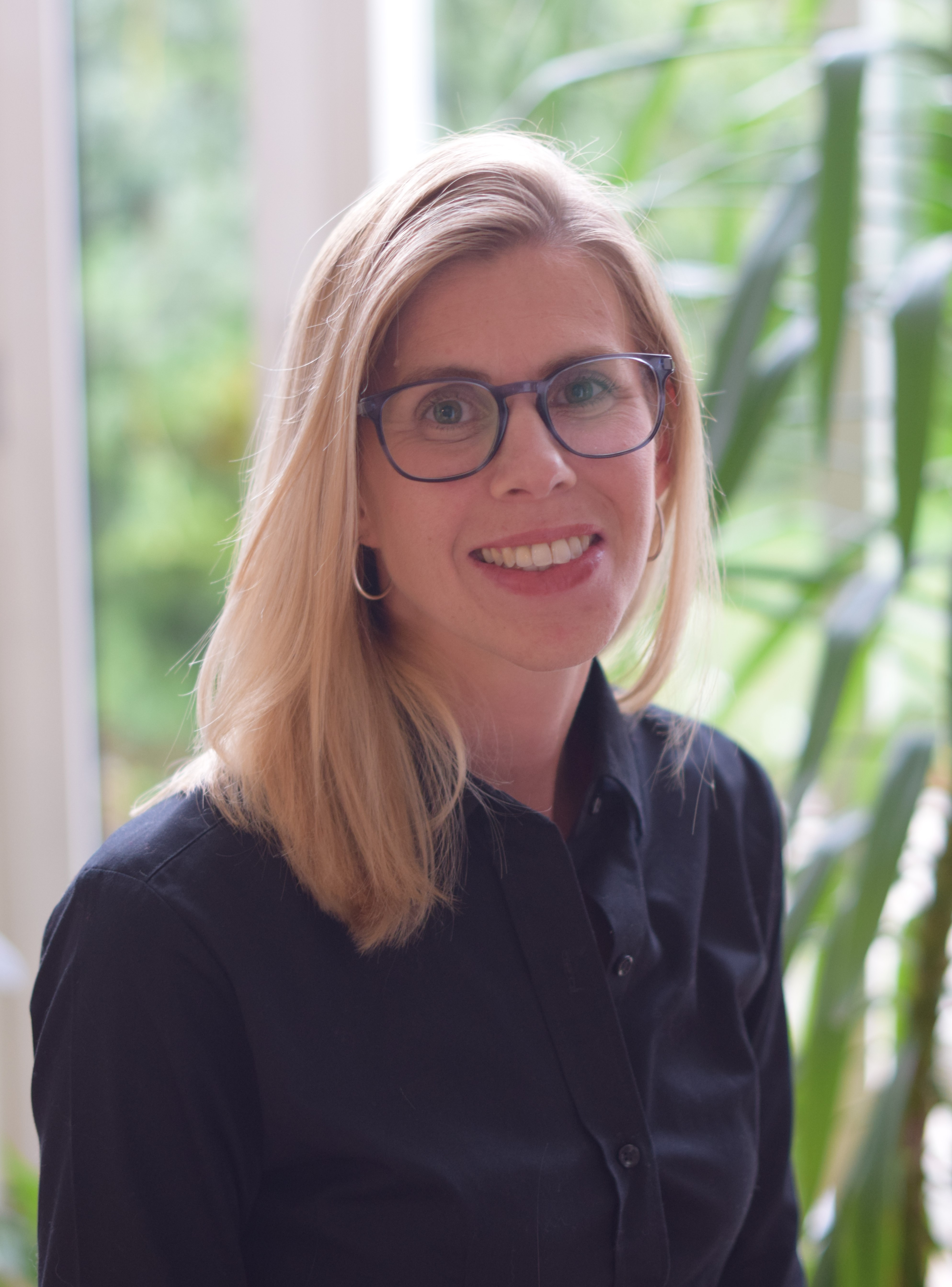
|
Jiselle Joseph, Assistant Manager Technical Services, Environmental Management Authority, Trinidad and Tobago
Jiselle Joseph is the Assistant Manager – Technical Services for the Air and Noise Units of the EMA, and country representative for Trinidad and Tobago on the Intergovernmental Network on Atmospheric Pollution for Latin America and the Caribbean. She has over 20 years experience in the environmental field having worked in the both the public and private sectors with an education in both chemical and environmental engineering at the undergraduate and graduate levels respectively. With experience in the chemicals and waste field as well, she currently serves as a member of the country’s Pesticides and Toxic Chemicals Control Board and represented the country between 2020 and 2022 as one of the delegates for the BRS COPs in Geneva. | 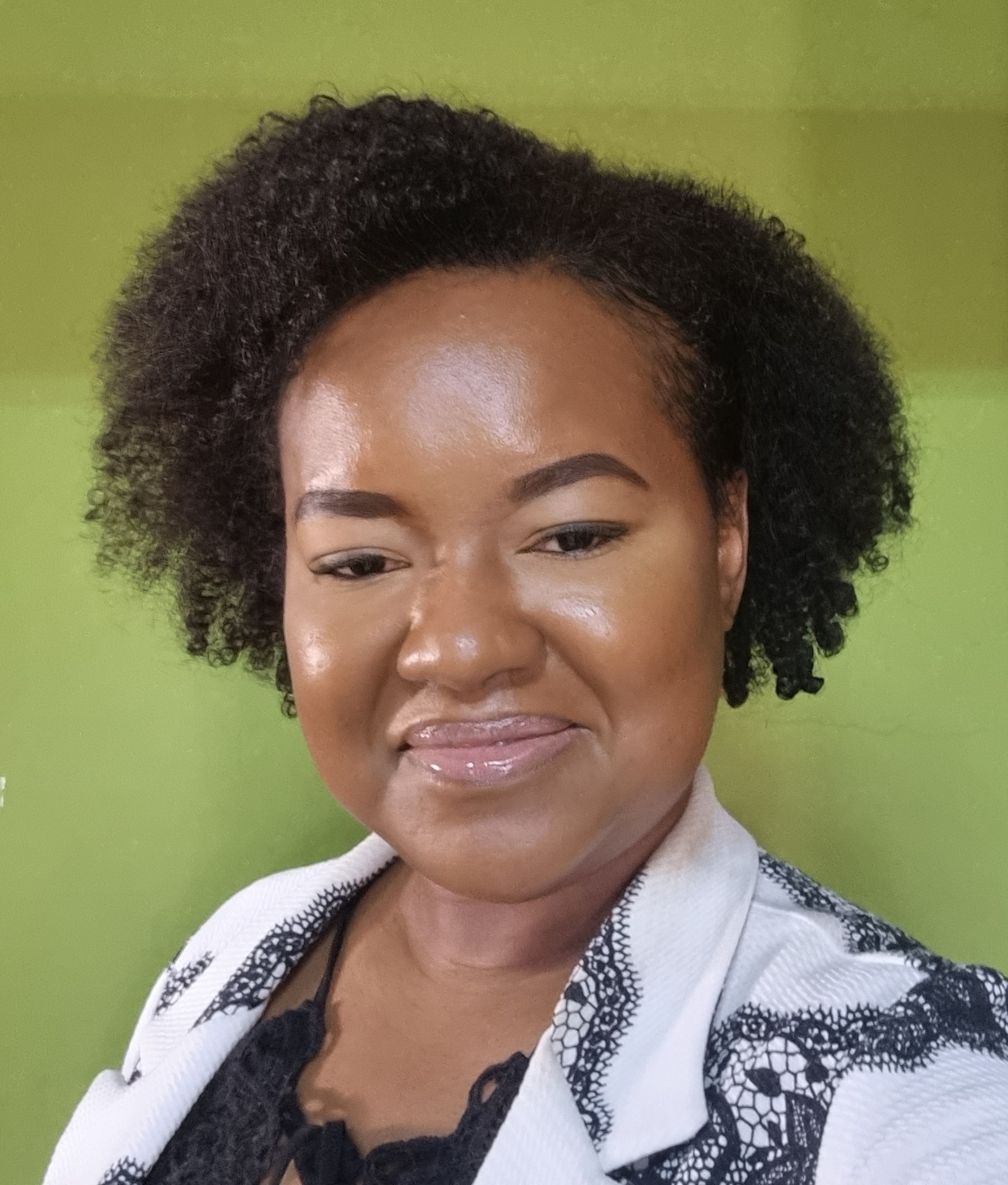 |
Kerolyn Shairsingh, Technical Consultant, WHO
Kerolyn Shairsingh is a consultant in the Department of Environment, Climate Change and Health at the World Health Organization. She has led the working group on SDG 11.6.2 with multiple UN agencies. She also supports activities related to exposure assessments and policies/interventions within the Global Air Pollution and Health-Technical Advisory Group. Prior to WHO, she worked at the Caribbean Industrial Research Institute where she managed several research & development projects. She has a scientific background in air pollution exposure models and urban environmental health through her post-doctoral work with the Canadian Urban Environmental Health Research Consortium. | 
|
Caradee Wright, Chief Specialist Scientist, South African Medical Research Council
Caradee Wright (PhD Public Health) is a Chief Specialist Scientist at the South African Medical Research Council leading the Climate and Health Research Programme. She is also an Adjunct Lecturer at the University of Pretoria and Visiting Professor at the University of Johannesburg. Her research is on environmental health in Africa to understand climate change and air pollution impacts on human health and well-being impacts to inform interventions and policy development. |  |
Soraya Smaoun, Air Quality Coordinator, UN Environment Programme
Soraya Smaoun is Air Quality Coordinator in UN Environment. In this capacity she provides support to the strategic development of air quality work in UN Environment, identifying opportunities for further work and refine UN Environment’s offer on air pollution while improving coordination, and internal communication within UN Environment and collaboration with other stakeholders, both internally and externally. Part of her work is also to develop and support a new operational programme on air quality together with national and city governments. | 
|
Carolin Sanz Noriega, Environmental Affairs Officer, UN Economic Commission for Europe
Carolin Sanz Noriega works in the secretariat of the UNECE Convention on Long-range Transboundary Air Pollution on capacity-building, awareness-raising, outreach and communication. Before joining UNECE in 2014, she worked with UNEP in Washington, DC, and Osaka, Japan, on topics of climate change, resource efficiency and chemicals and waste management.
| 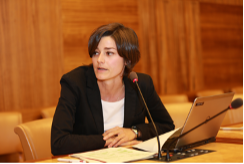
|
Sara Basart, Science Officer, World Meteorological Organization
Since 2023, Dr Sara Basart has been a scientific officer at the World Meteorological Organization (WMO) Global Atmosphere Watch (GAW) programme in charge of atmospheric composition and air quality modelling activities. Her main research interests range from the study of the variability induced by mineral dust in observed changes in the atmosphere -and consequently in weather and climate-, to the assessment of aerosol impacts in climate, ocean biogeochemistry, air quality, health and socio-economic sectors (such as energy or transportation). | 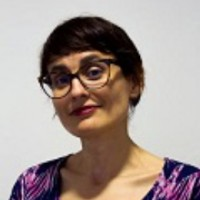
|
Pierpaolo Mudu, Technical officer for Environment and Health Center, WHO-EURO
Pier Mudu is a technical officer working for WHO-EURO Environment and Health Center in Bonn. He also collaborates with the WHO Headquarters in Geneva. His most recent works include the coordination of AirQ+, the software that calculates the impacts of air pollution on health, several impact assessment of environmental policy interventions in various countries and cities, and the development of the case studies both inside and outside Europe. | 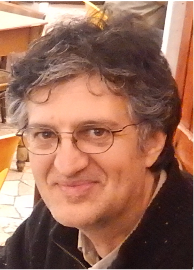 |
Martin Philipp Heger, Senior Environmental Economist, World Bank
Martin Philipp Heger is a Senior Environmental Economist at the World Bank, currently working with several countries in South Asia on designing and implementing air quality and emissions reduction actions. Previously, he worked with several countries in the Middle East and North Africa on analytical, policy, and investment solutions to air quality challenges. He also works on natural resource management issues, focusing on marine ecosystems and forest landscapes. He holds a PhD in Environmental Economics from the London School of Economics. | 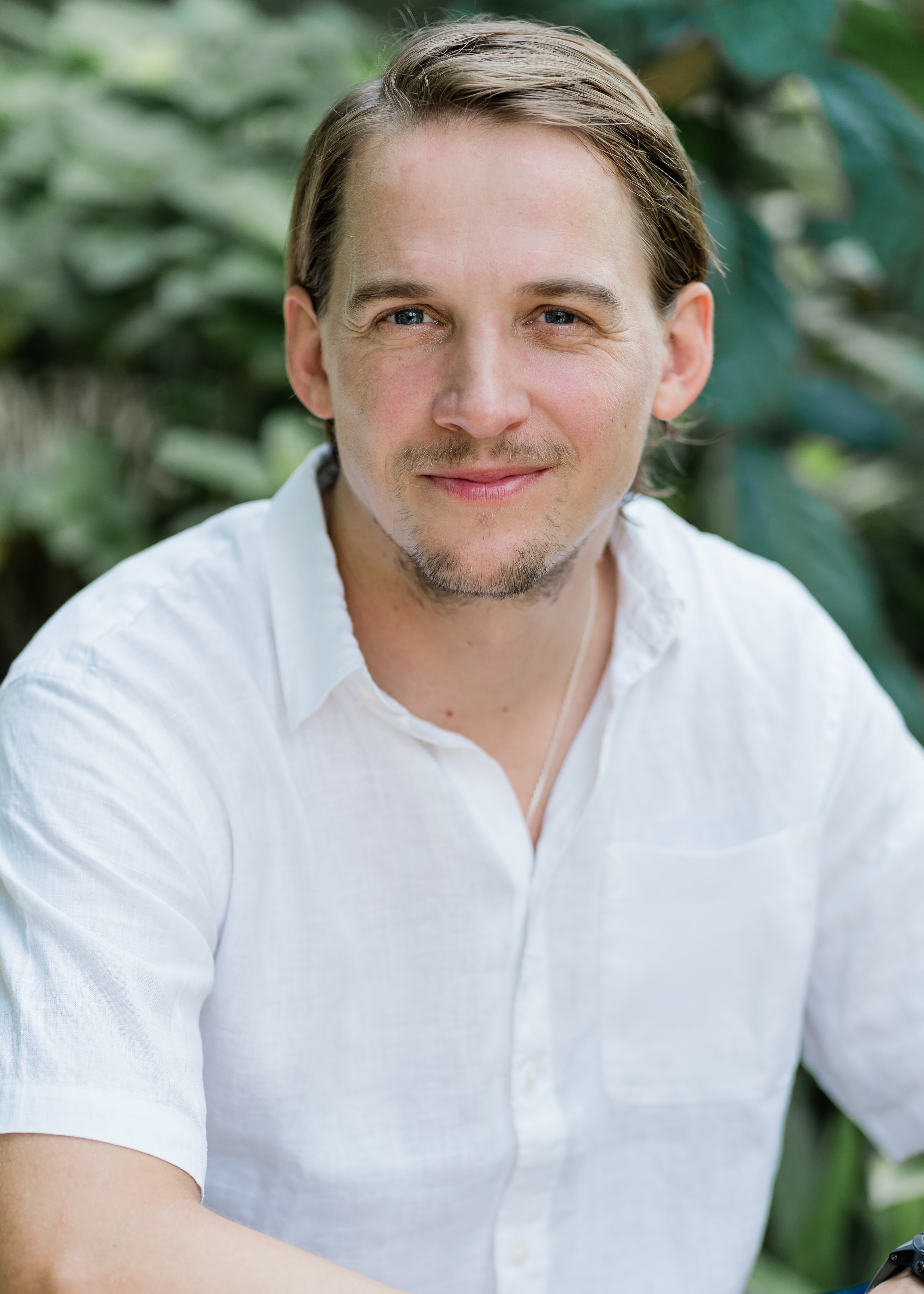 |
After registering, you will receive a confirmation email containing information about joining the webinar.
About the webinar series
This event is part of the WHO Webinar Series – Clean air and energy for health: from evidence to solutions.
The series gives a 360° view on current state of science, tools, interventions and the implementation of policies and programmes for clean air and better health. This series will also showcase solutions that can help prevent or mitigate air pollution health, economic and environmental costs. Bringing together experts, leaders, policymakers, civil society champions, innovators from a multi-sectorial perspective, it will also serve as a platform for fostering dialogue, sharing knowledge, and ultimately shaping a healthier, more sustainable future for all.










